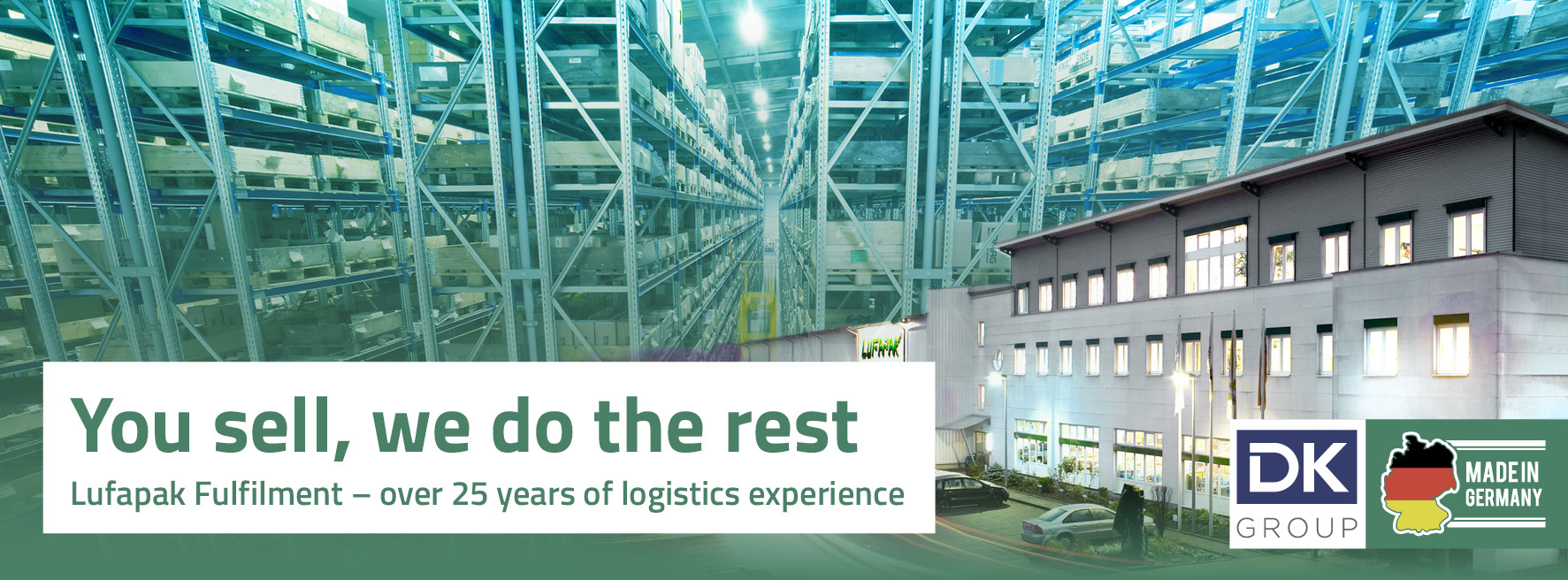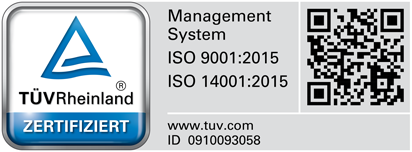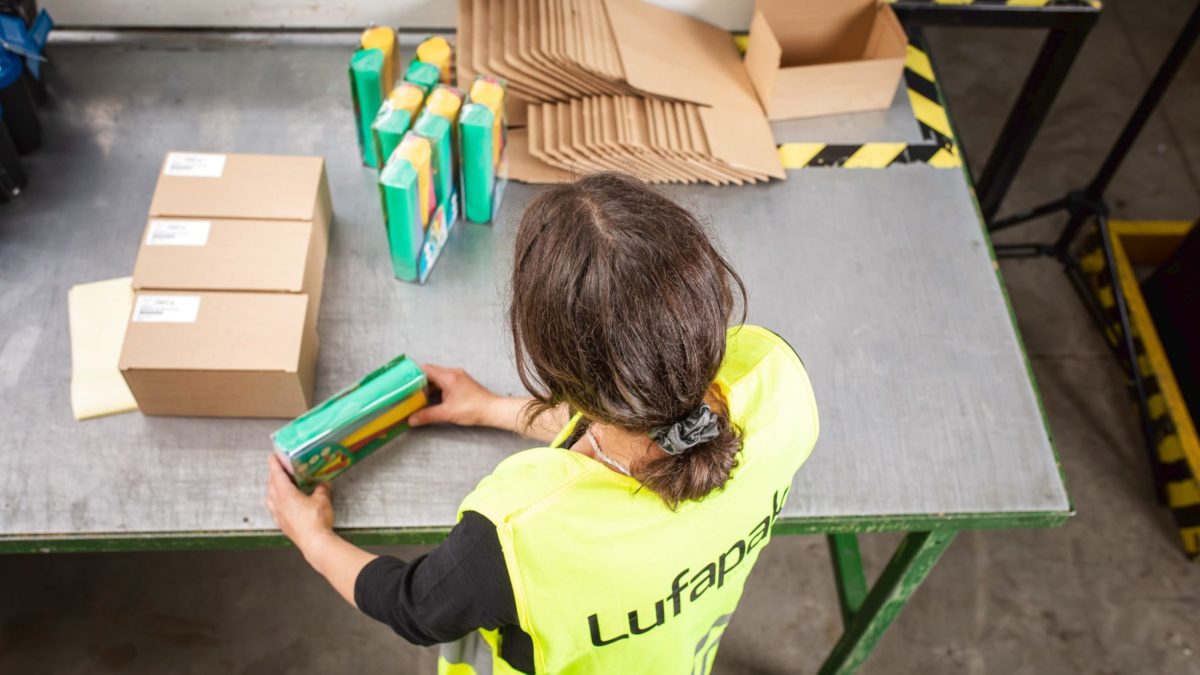sales@lufapak.de +49 2631/384-0 Contactform
Hybrid Fulfillment – definition and description of the process
Hybrid fulfillment is a method of order fulfillment that combines elements of both in-house and outsourced fulfillment. It offers companies the flexibility to combine the control and cost savings of in-house fulfillment with the scalability and efficiency of outsourced fulfillment.
In a hybrid fulfillment model, a company may decide to keep certain aspects of order fulfillment in-house while outsourcing other tasks to a third-party service provider.
For example, a company could handle the warehousing and packaging of its products in-house, but outsource the shipping and returns processing to a fulfillment service provider. Alternatively, a company could outsource the fulfillment process for its best-selling products, while keeping the handling of niche products or special offers in-house.
Advantages and disadvantages of Hybrid Fulfillment
Hybrid fulfillment offers a number of benefits, but also brings some challenges.

Advantages of Hybrid Fulfillment
Flexibility: Hybrid Fulfillment allows companies to modulate the level of internal and external fulfillment, depending on what works best for their business. For example, they can outsource the fulfillment of bestsellers while managing specialty items or customized products internally.
Scalability: with a hybrid model, companies can more easily grow and adapt to changes in their business. As order volume increases, more work can be outsourced to the fulfillment provider. In quieter times, internal fulfillment can be increased again.
Cost control: by combining internal and external fulfillment, companies can optimize costs. They can reduce the fixed costs of internal fulfillment while benefiting from the economies of scale and lower variable costs of outsourced fulfillment.
Disadvantages of Hybrid Fulfillment
Complexity: Managing both internal and external fulfillment can be complex. It requires careful planning and coordination to ensure that both parts work together efficiently and that customers have a consistent experience.
Partial loss of control: although the hybrid model offers more control than the fully outsourced model, there is still some loss of control over the outsourced processes. This can lead to problems if the fulfillment service provider does not perform as expected.
Potential Cost: Although the hybrid model can save costs, it can also be more expensive if not managed properly. The cost of maintaining both internal and external fulfillment systems can add up quickly.
Differences between In-house Fulfillment, Outsourced Fulfillment and Hybrid Fulfillment
In-house fulfillment, outsourced fulfillment, and hybrid fulfillment are three different approaches to handling e-commerce orders. They differ mainly in terms of who takes responsibility for different aspects of the fulfillment process.
In-house Fulfillment: In this model, the company retains full control over the entire fulfillment process. This includes warehousing products, packing orders, shipping to customers, and handling returns. While this model offers a high level of control, it can also be expensive and time-consuming, especially for smaller companies or those with a high volume of orders.
Outsourced fulfillment: in this model, the entire fulfillment process is outsourced to a third-party service provider. These companies specialize in order fulfillment and can often be more cost-effective and efficient than companies that manage the process internally. However, the downside of this model is that companies lose some control over the fulfillment process.
Hybrid Fulfillment: As described earlier, this model combines elements of in-house and outsourced fulfillment. Companies can keep certain aspects of the fulfillment process in-house while outsourcing others to an external service provider. This provides some flexibility, as companies can take advantage of both models. However, it can also be more complex to manage, as it requires close coordination between the company and the fulfillment service provider.
Contact us now and get advice


